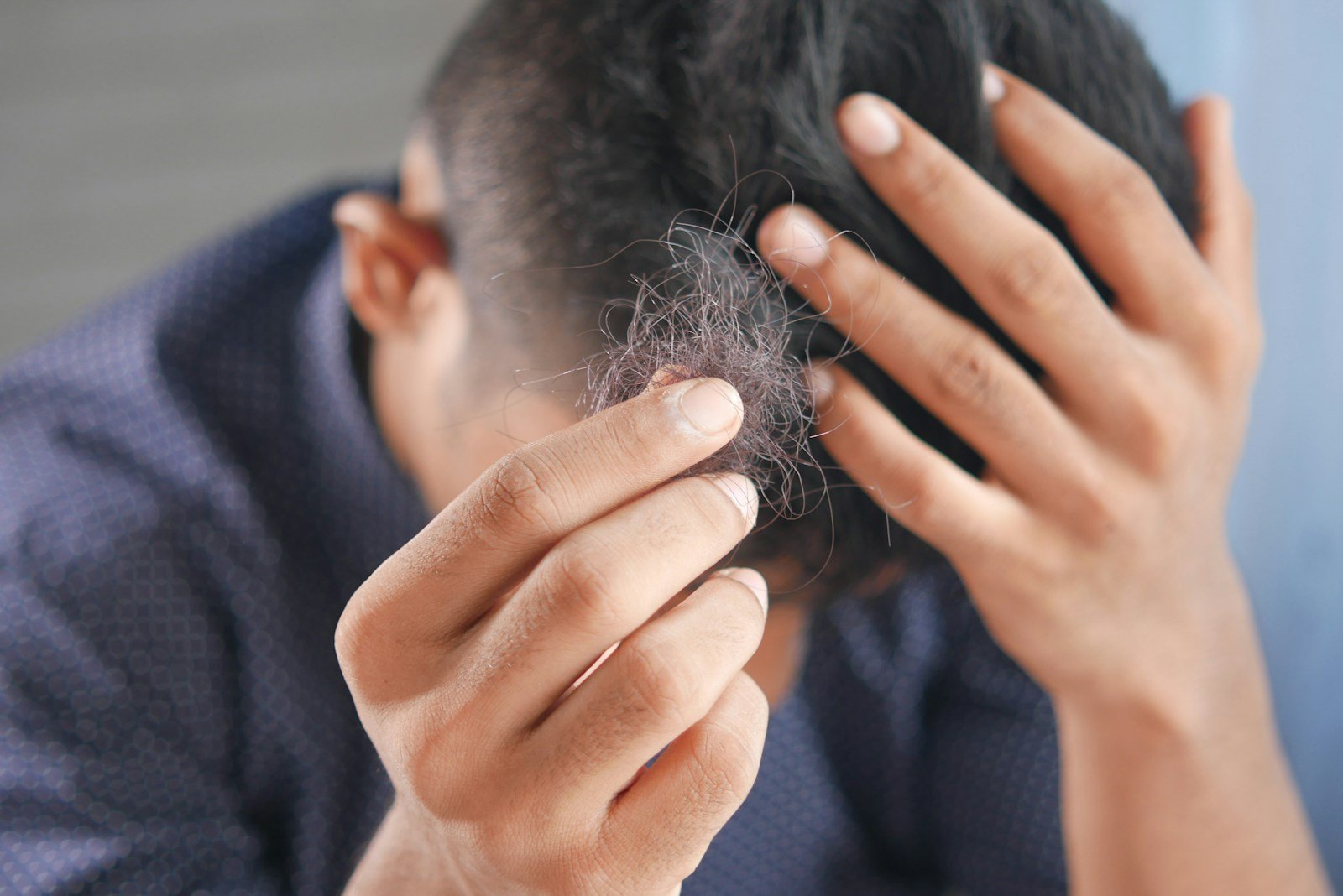Botox is best known for its ability to smooth fine lines and wrinkles, but its medical applications go far beyond aesthetics. One of the lesser-known but highly effective uses of Botox is for the treatment of temporomandibular joint (TMJ) disorder and chronic migraines.
How Botox Works for TMJ Disorders
TMJ disorder affects the jaw muscles and joints, leading to pain, difficulty chewing, and headaches. Many people unknowingly clench their jaws or grind their teeth (a condition known as bruxism), which exacerbates TMJ symptoms. When injected into the masseter and temporalis muscles, Botox relaxes these overactive muscles, reducing tension, pain, and jaw clenching. This not only helps alleviate TMJ-related discomfort but can also slim the lower face for a more contoured look. By reducing muscle activity in the jaw, Botox can also prevent excessive wear and tear on the teeth, which is common in people who grind their teeth at night.
Botox for Chronic Migraines
Botox is also FDA-approved for treating chronic migraines, which are classified as experiencing headaches on 15 or more days per month. By injecting Botox into specific areas around the head and neck, the treatment blocks neurotransmitters that signal pain, preventing migraine attacks before they start. Many patients report a significant decrease in migraine frequency and severity after receiving Botox injections. Unlike painkillers, which provide temporary relief, Botox targets the root cause by preventing pain signals from reaching the brain. The treatment is particularly beneficial for individuals who have not found relief with traditional migraine medications or who experience significant side effects from oral treatments.
Botox treatments for TMJ and migraines typically last three to four months, making it a convenient and effective option for those seeking relief. If you struggle with jaw pain or chronic headaches, consult a specialist to see if Botox could be your solution. Since results can vary depending on individual physiology, a customized treatment plan may be necessary to achieve the best results. For long-term management, many patients undergo repeat treatments combined with lifestyle modifications such as stress reduction and physical therapy.






